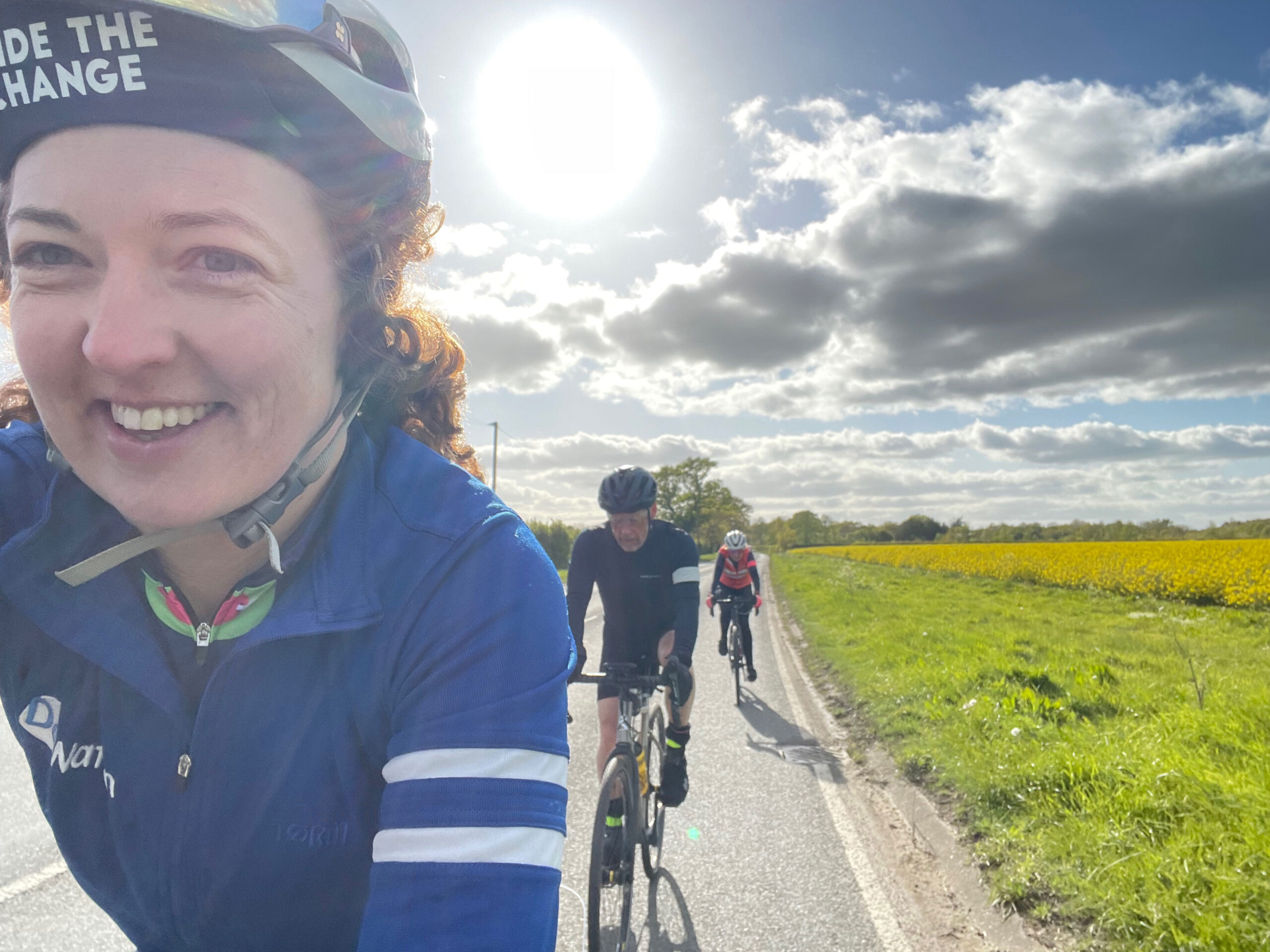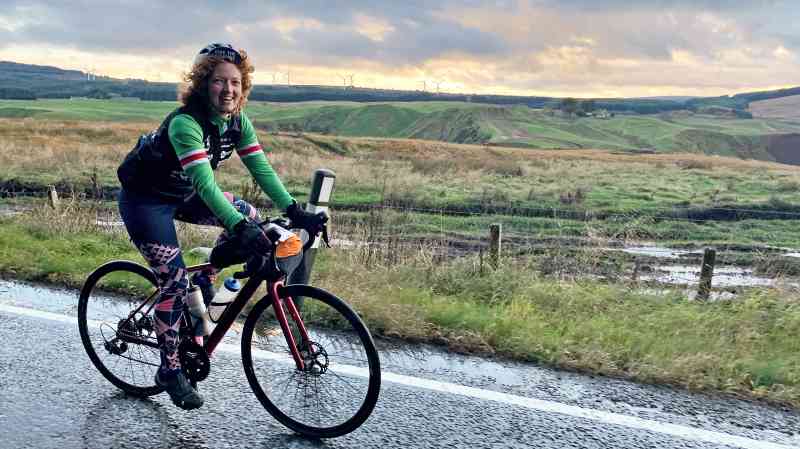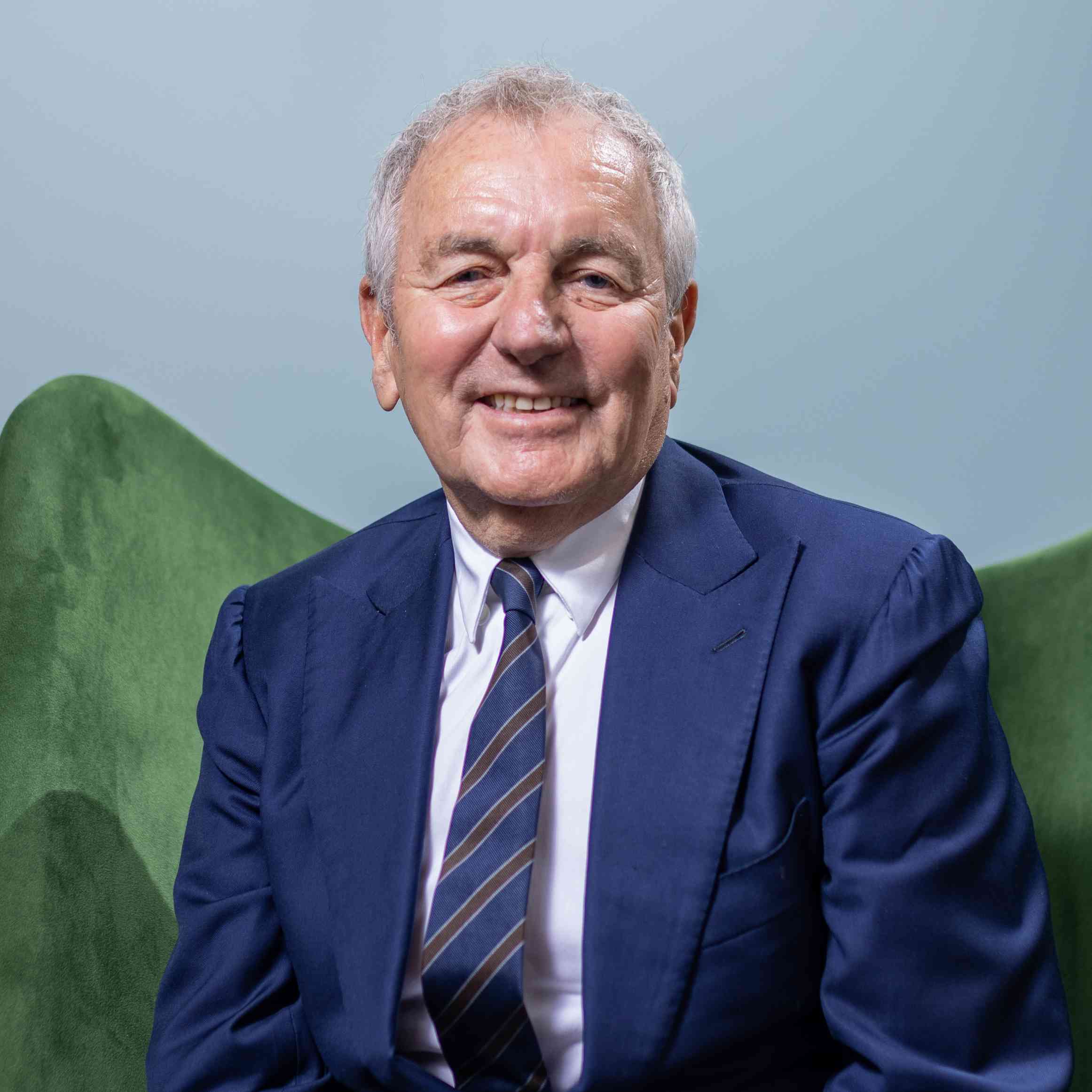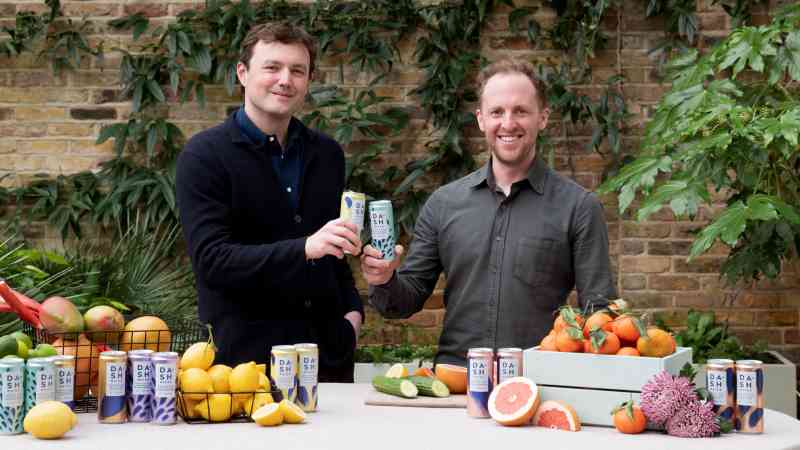Lessons from a failed business can help others save theirs
Hermione Taylor had been busy networking at a London sustainability conference when she got the email that spelt the end of her business.
A critical sale had just fallen through, leaving an empty pipeline and no prospect of being able to make payroll in two months’ time. The crowdfunding campaign she had launched to make up a £120,000 funding shortfall had also ground to a halt without hitting its target.
“That was the moment I went, ‘I think we’re done’,” she said.
Taylor, 40, set up Do Nation, an app that encouraged employees to make environmentally friendly behaviour changes, in 2010. Its revenues peaked at £650,000 in 2021 but in April this year, after 14 years in business, the company ceased trading due to a combination of increased competition, slowing customer demand and a failure to secure new funding.
Last year business failures hit a 30-year high of 25,158 as owners struggled to keep up with interest rates, rising costs and customers cutting spending.
That number may rise this year, with the Centre for Economics and Business Research forecasting in February that 33,000 companies will fail. However, last week’s official figures suggested the upward annual trend may have peaked, with company insolvencies in May at 2,006 — 21 per cent down compared with the same month last year.
From the outside, a company’s closure often appears swift: the money runs out, emergency meetings are held and in come the insolvency practitioners. In reality, signs the business isn’t working have probably appeared months, even years, earlier.
“When we started, encouraging your employees to cycle to work or switch to a renewable energy company was quite radical but now most people realise those are good things to do,” Taylor said. “Initially we had great product-market fit but the market evolved rapidly and because we never had more than three months’ runway, we weren’t able to evolve to match.”
It was a similar story for Josh Lachkovic, 35, who closed down Wine List, his wine tasting by post business, in September 2021.
In July that year, a missed shipment of wine meant the start-up could not fulfil its monthly deliveries to customers on time, leading to a spike in people unsubscribing. Revenues fell 36 per cent, £22,500, that month.
Lachkovic tried to raise money to plug the shortfall but could not do it in time. “The decision was out of my hands,” he said. “We would have been trading insolvently if we had carried on without any sign of investment.”
The lost funding triggered the closure, but the numbers had been trending down for some time. Wine List’s success came during lockdown, when people were looking for new activities to try at home. At its peak, it was generating monthly revenues of £85,000 and on track for £1 million annual turnover. Yet “as the world returned to normal, we didn’t have a product that solved a problem,” Lachkovic said. “You could see that in our decreasing retention rates.”
Stories of big-ticket fundraisers, explosive growth and triumph over adversity are easy to come by in entrepreneurial circles. Less discussed is the reality that many more businesses fail, and how to know when it’s time to pull the plug.
For John Pritchard, 51, who founded Pala Eyewear, an ethical sunglasses brand, in 2016, closing down his business before it ran out of cash meant he could avoid the insolvency process. “The business closed on a zero balance with all the supply chain paid off and Kayleigh [Pala’s marketing manager and only employee] paid fairly with two months’ notice,” he said.
The decision came in August last year, after a meeting with an investor made Pritchard realise Pala was years away from becoming profitable, or giving him a pay rise. With the cost of living rising and a family and mortgage to take care of, the £26,000 salary he was paying himself was no longer enough.
To make the business work, Pala would need to pivot from selling to consumers to offering more lucrative white-label services to hotels and other businesses that might want branded sunglasses. Driving home from the meeting, Pritchard decided that he could not do it.
“It was an easy decision in the end and it came with a great sense of relief, as opposed to feeling sad. I’ve not looked back at all,” he said. “You’re working the weekends, you’re working the bank holidays, it all becomes normalised and I was near burning out, not just from a financial standpoint but a mental health standpoint.”
Pritchard calculated that Pala needed to generate £35,000 in sales to meet its remaining financial obligations, which it did through a clearance sale on its website and fulfilling remaining wholesale orders. The business ceased trading in September and was later bought by Coral Eyewear, a competitor.
Despite their experiences, all three entrepreneurs don’t seem ready to give up the title of “founder” just yet.

Lachkovic has set up a growth agency, Ballpoint, which works with small businesses to acquire new customers. Pritchard also has an agency, called Illume, that helps small and medium enterprises develop sustainability strategies and apply for B Corp certification.
Lachkovic says going through a business failure has taught him things that other entrepreneurs wish they knew. He said closing a business was “like living through a loss of someone. You go through the motions, but you’re not really present.”
He wrote about the experience on LinkedIn, prompting business owners in his network to reach out for advice. “I didn’t expect to be such a useful voice to early-stage founders but I was, because of the issues we went through. Now I can reflect on it all and see which [problems] were fatal and which weren’t. It puts you in a unique position.”
As for Taylor, while she may not be running Do Nation, she’s hoping she can keep encouraging people to hop on their bikes by continuing the company’s annual Ride The Change challenge between London and Brussels as an independent venture.
“I’m saying to people that I don’t want to jump into running my own business again, but I have found myself organising this cycle ride that is fast becoming a bigger beast than perhaps I realised,” she said. “It’s been 16 years since I was employed by anyone else, so I’m taking some time to figure out what’s next.”




Post Comment